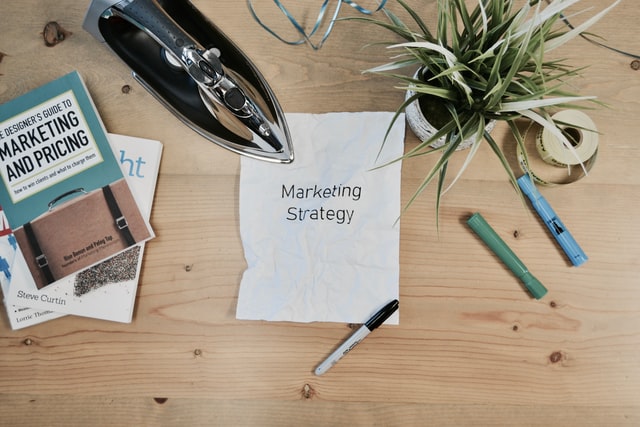What Internet Marketing Has the Best ROI?

Update: Angie’s List has since been renamed Angi, and Google Adwords has since been renamed Google Ads.
This question is actually more like a challenge. The first part of the answer probably disappoints you: it depends. The best marketing tool depends on things like your industry, your audience, and your goals, among other things. To help you answer this question for your own business, I offer some case examples.
Referral-Style Example
Angie’s List is an online service that is growing in popularity. Many small businesses are thriving with prospective customers because one individual gave them a stellar recommendation on Angie’s List. But this website is really more applicable to consumer-focused businesses and especially household services, like construction, repair, or house cleaning. Plus, it is a consumer-driven website, so your company cannot just buy into a testimonial spot and suddenly gain exposure. Instead, you might encourage your customers who are already part of that community to post a comment about you and start that process. In this case, you have an excellent ROI because you didn’t spend any cash, you just resourced your existing happy customers and a little time asking and researching. However, this service isn’t very valuable to you, if you only have B-to-B services that don’t fit this website’s audience.
Paid Advertising Example
Google Adwords is one of the most popular methods to self-manage your online marketing efforts. With their service, you are able to specify a budget and only bid on key phrases that matter to your line of business and only end up paying for instances when a visitor actually clicked through your ad. But there is some science to this and if you don’t pay attention and invest either some of your own time researching or pay an expert to do it, you may just be throwing that money away. A great example I heard once is that you can easily spend $300 per month on the keyword “watermelon” but if you don’t sell watermelons, that traffic was worth $0.
Goals
If your initial goal for this marketing campaign is only to create brand awareness, and not to drive actual sales on your e-commerce site, then you can explore a series of available online tools both free and paid. Brand awareness sometimes even has a completely separate budget from “marketing”.
You might decide to spend your time participating in social networking websites, blogging every day, and answering questions on a forum or newsgroup for your industry. Then with your monetary resources, you might post a series of online banner ads on some high-traffic websites that cater to the audience you are going for, and feature yourself as a sponsor for a local e-newsletter. These are usually fairly low cost if you focus on a niche or geographically targeted publication.
So our tip for today is to think about these 3 things: industry, audience, and goals – and try to define at least 3 resources that fit all of those factors. If you can fine-tune your strategy in this way, you are more likely to get a return on your investment than if you blindly do the “try and see” across a broader scale.
Posted in: Internet Marketing, Marketing, WWW Learning Center
Comments are closed.
Latest & Greatest
- Customer Retention: A Comprehensive Guide to Retaining Your Customers
- Top Reasons Why Web Designs Don’t Launch
- Your Website is About Them, Not You: Digital Customer Experience
- Google Business Profile 101: How to Use it & SEO Benefits for Your Local Business
- The Power of Intentional Website Branding
- Competitive SEO Analysis: How to Keep an Eye On the Competition from an SEO Texas Agency
- Optimizing Your Online Registration Design for Better User Engagement
